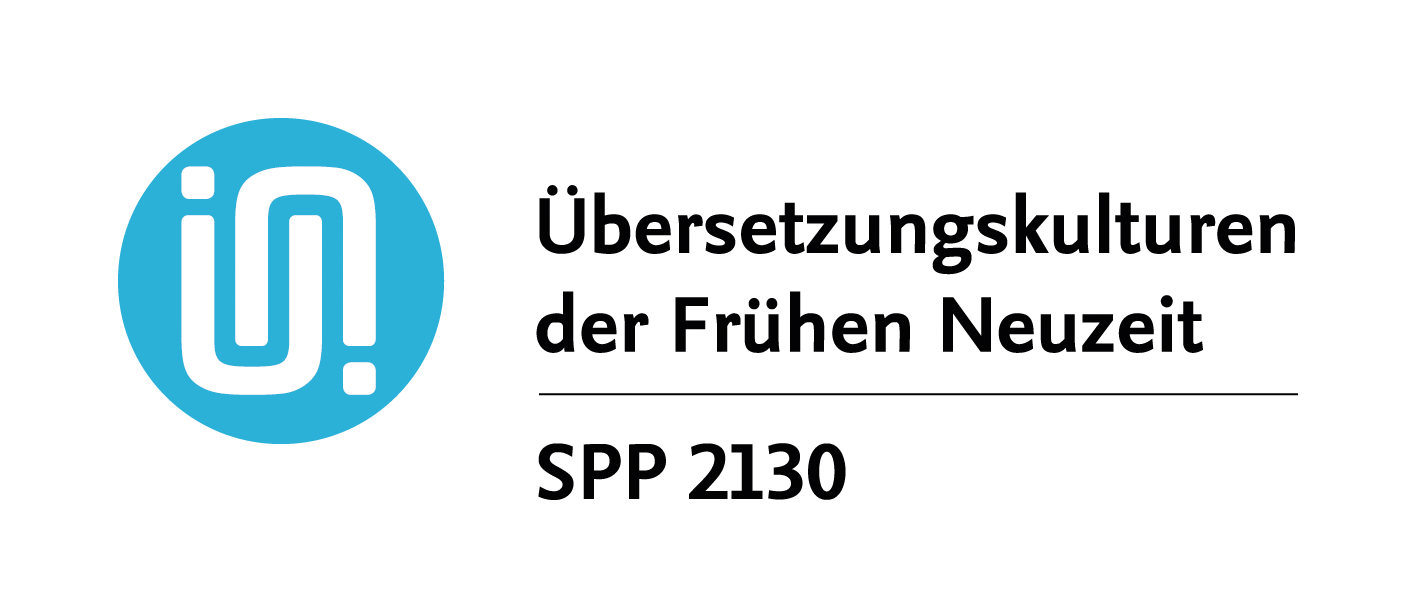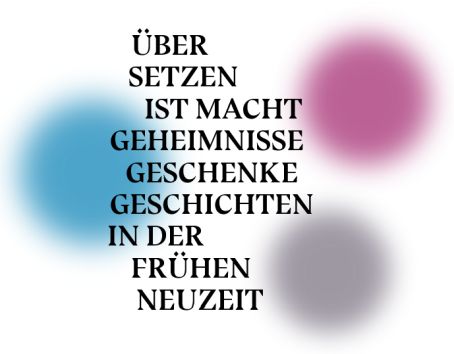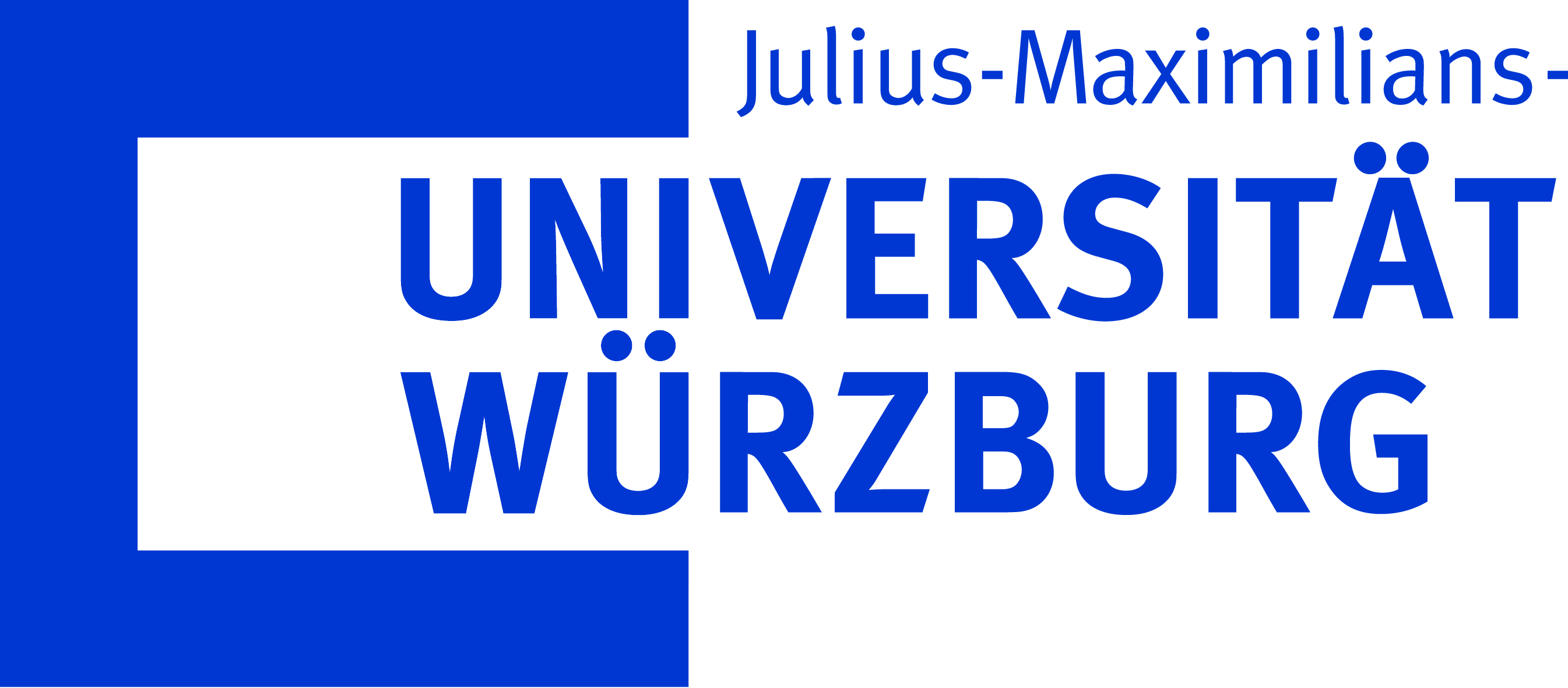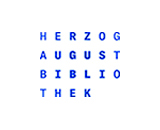Anja Wolkenhauer and Julia Heideklang invite: “Based on our research in context of the DFG project Versio Latina, we aim to decidedly change our perspective and to focus particularly on early modern Latin translations, looking, as Peter Burke once...
Missionizing is widely perceived as a form of oppressive power-relations: one side is active and hegemonic, while the other is either passive and submissive or entirely oppositional. This all-too-tidy understanding of the relationship between Christian missionaries and their religious...
According to a common diagnosis, the present is a time characterized by uncertainty. New, sometimes diffuse threats challenge familiar perspectives and interpretations. Especially encounters with people, phenomena and narratives that are perceived as foreign are believed to cause uncertainty....
‘By directing the focus to language as a fundamental medium of human communication, the working conference in Bamberg has set out to examine communicative practices, translations, and multilingualism in the Early Modern era. What were historical actors’ motives for...
The symposium examines transnational relations between Japan and (Counter-) Reformation Europe through the lens of translation. The translation concept adapted includes linguistic as well as cultural translations. Contributors analyze various translation processes including the translation of European religious thought...
The Priority Programme 2130 ‘Early Modern Translation Cultures’ of the German Research Foundation is pleased to announce its 4th annual conference on the subject ‘Translation Spaces – Spaces in Translation’, to take place at the University of Göttingen Observatory...
The new international and interdisciplinary network is open to all scholars with an interest in the history of translation and interpreting. The aim is to enhance the visibility of translation and interpreting history and to promote dialogue between all...
Linguistic, intertextual and cultural translation processes played a central role for the genesis of important universal and specialized encyclopaedias as well as for the spread of the genre of encyclopaedia in Europe and America during the long 18th century....
Sixth annual conference of SPP 2130 For six years now, the Priority Programme 2130 launched by the German Research Foundation in 2018 has been inquiring into general social principles, perception patterns, and communication forms established by translation practices from...
The late 17th century is generally regarded as the beginning of modern European encyclopaedism and thus of a development that reached a temporary climax with the spread of the encyclopaedic dictionary in the 18th century. Starting in France, the...




